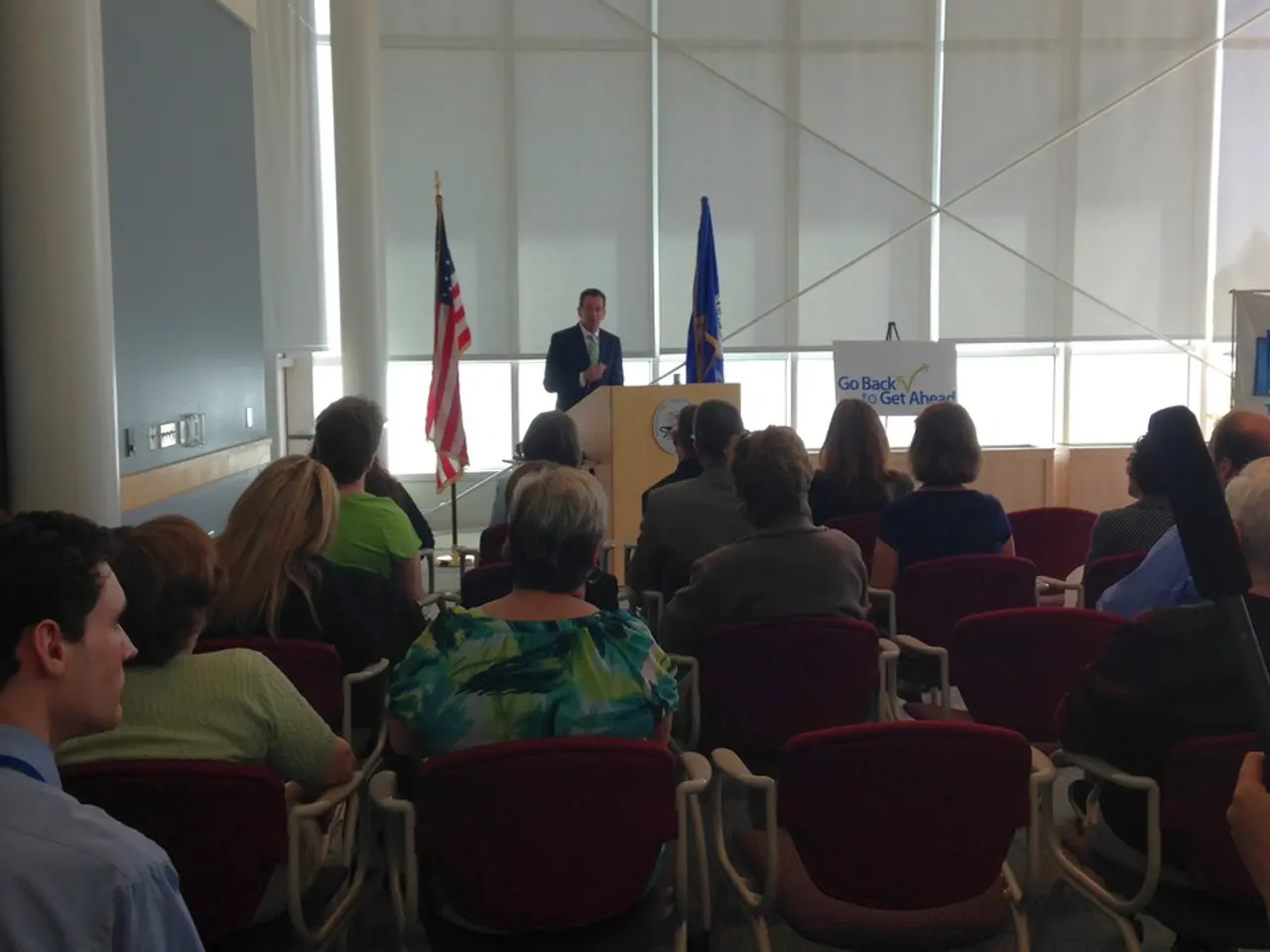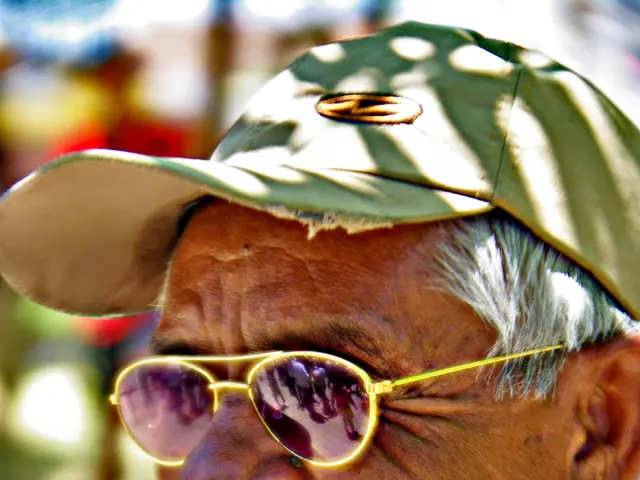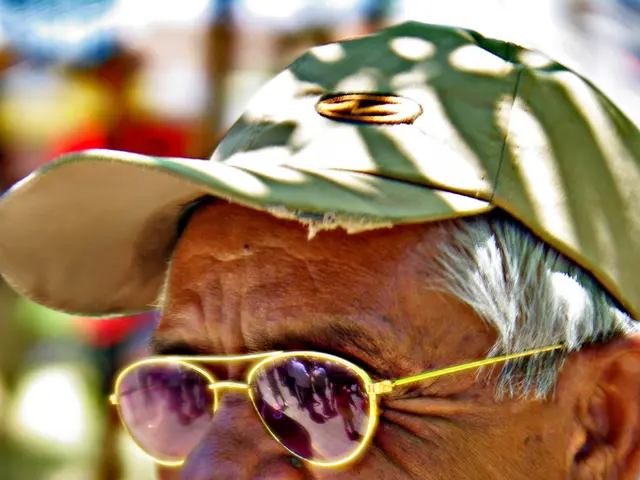"Mr. Zelenskyy exhibits appreciative diplomacy during his second encounter with the President at the White House"
In a remarkable turn of events, flattery has emerged as a key diplomatic strategy in shaping the relationships between world leaders and former U.S. President Donald Trump. During a recent meeting with Italian Prime Minister Giorgia Meloni, French President Emmanuel Macron, German Chancellor Friedrich Merz, and other European leaders, Trump was praised lavishly[1].
The strategy of flattery was not lost on these leaders, who learned that it could be an effective way to win over Trump. This approach, which caters to Trump's desire for recognition and admiration, has been instrumental in smoothing diplomatic relations and encouraging cooperation[1].
For instance, during Trump's second term, world leaders, including Prime Minister Keir Starmer of the U.K., Israeli Prime Minister Benjamin Netanyahu, and several African heads of state, have been more obsequious in their praise to maintain good relations[1][2]. Starmer, in a bid to appeal to Trump, presented him with a rare formal invitation letter from King Charles III, emphasizing the uniqueness of their relationship[1]. Netanyahu, in a gesture that catered to Trump's known ambition for the Nobel Peace Prize, nominated Trump for the honour[1].
Ukrainian President Volodymyr Zelenskyy, too, has adopted this approach, expressing gratitude to Trump during meetings[4][5]. In a recent Oval Office meeting, Zelenskyy thanked Trump for his efforts to stop the war in Ukraine and for a presented map[6]. He also thanked Melania Trump for personally writing to Russian President Vladimir Putin[6].
This change in approach contrasts with earlier, more cautious interactions during Trump's first term[1][2][4][5]. Vice President JD Vance, for instance, berated Zelenskyy for not thanking Trump during a previous meeting[3].
European leaders have also exploited Trump's desire for flattery, complimenting him strategically, despite being critical of his actions behind the scenes[3]. NATO Secretary-General Mark Rutte, for example, called Trump "amazing" after the meeting[1].
South Korea's President Lee Jae Myung, too, used praise and positive remarks to maintain cordial relations and seek favorable outcomes, such as peace efforts and trade deals[5].
In summary, flattery has substantially coloured international relations with President Trump, acting as a key element world leaders employ to engage with him effectively, maintain cordiality, and pursue their nations' diplomatic and economic goals[1][2][4][5]. This shift to praise-based diplomacy contrasts with earlier, more cautious interactions during Trump's first term[1][2][4][5].
References:
- The Associated Press
- The Guardian
- CNN
- The Washington Post
- Reuters
- The New York Times
Read also:
- United States tariffs pose a threat to India, necessitating the recruitment of adept negotiators or strategists, similar to those who had influenced Trump's decisions.
- Weekly happenings in the German Federal Parliament (Bundestag)
- Southwest region's most popular posts, accompanied by an inquiry:
- Discussion between Putin and Trump in Alaska could potentially overshadow Ukraine's concerns








